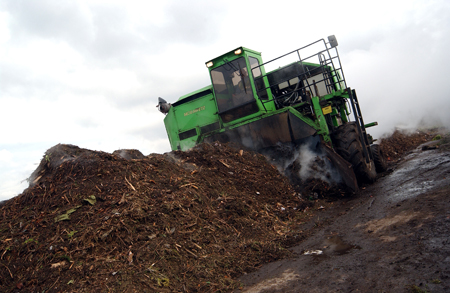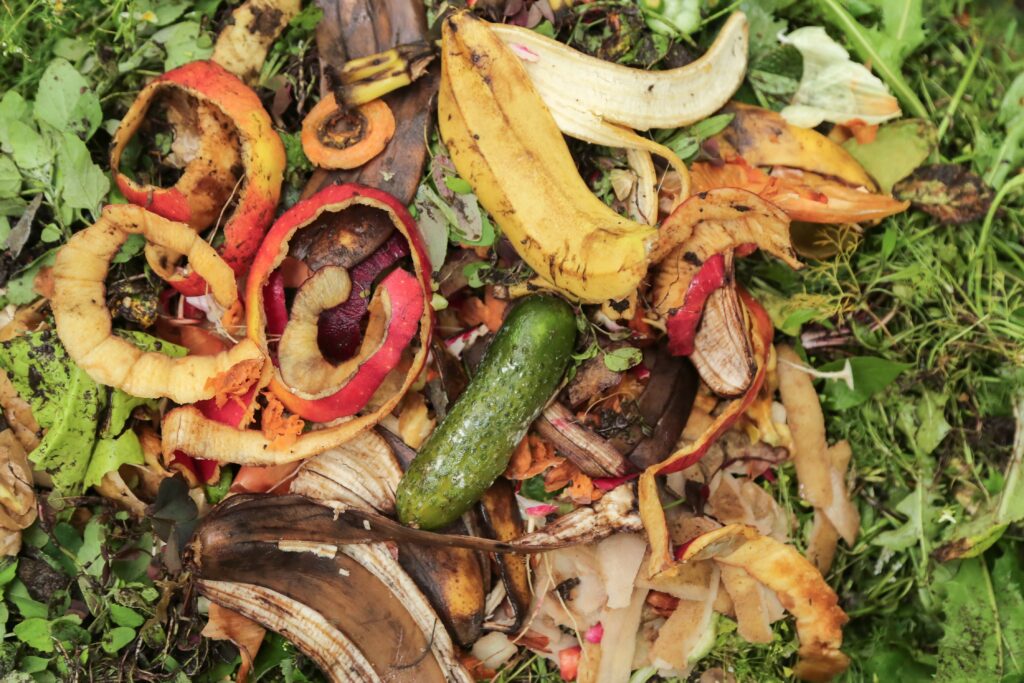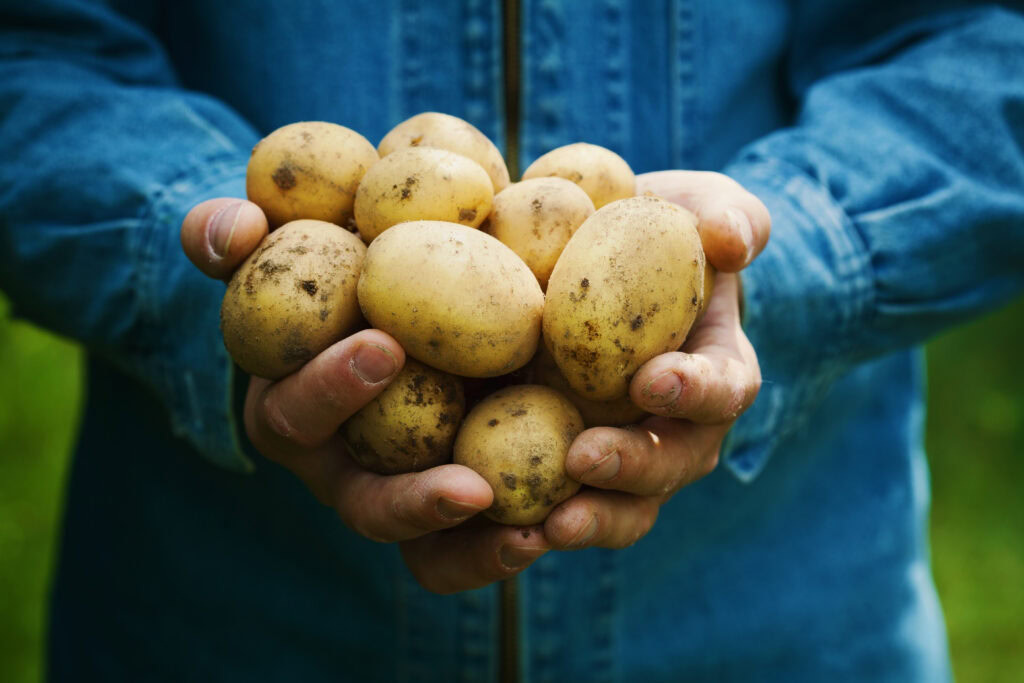To end plastic contamination, it is to allow five years for the sector and local authorities to completely stop the contamination of organics with non-compostable materials (such as plastics).
The plastics concerns are part of a new Agency approach to the organics sector and are spelt out in an outcome document following a consultation around future regulation of the biowaste sector. In the outcome document, it says it has decided not to scrap standard rules permits for site specific assessments, but instead amend standard rules permits.

Permits
Published on February 2, the Agency document references composting operations and anaerobic digestion plants, and comments on a number of topics including the structure of buildings. Standard rules permits are to be amended “to include clear and the more stringent operational standards required”.
The way forward given in the document comes three years after the Environment Agency published, a consultation on biowaste permits. It called for evidence from the biowaste sector over a number of topics.
The sector responded and now this month, the Agency has given details of its next steps, in light of the responses, at Standard rules consultation no 20: revision of standard rules permits for biowaste treatment.
Most respondents disagreed with the changes put forward by the Agency to revise the standard rules set which govern biowaste permits.
In particular, the main disagreements were around requirements for strict input limits on plastic contamination and a requirement for improved construction standards for existing sites.
Contamination
Plastics contamination has long been a worry for the organics sector with some composters arguing that local authorities needed to do more to reduce the plastic which contaminates green waste collected from households.
“600 tonnes of plastic fragments are spread to soils through digestate alone annually”
Originally the Agency said in its consultation that plastic contamination has reduced market confidence in using compost and digestate for agriculture, even if compliant with the PAS 100 or 110 standards. It proposed a 0.5% weight per weight (w/w) contamination limit on non-biodegradable plastic in the incoming waste, saying it would only allow plastic certified to EN13432 standard.
Now, it says that around 600 tonnes of plastic fragments are spread to soils through digestate alone annually and that current household waste feedstock contracts are operating at about 5% w/w contamination.
PAS 100
And, it heavily criticises the PAS 100 scheme. The Agency says: “PAS 100 requires operators to reduce packaging before treatment. Therefore our proposals are not new. However, it allows the final material to contain the equivalent of 150 plastic bags for each tonne. We do not find this acceptable – this must change.”
It notes that imposing tighter restriction on food waste treatment plants would impact eight sites in England as the rest operate under bespoke permits.
So, the Agency says that after “after lengthy discussion with Defra, trade bodies and local authority representatives we have agreed the most pragmatic way forward to reduce plastic contamination is to take a staged approach. We have agreed, in principle, to aim for all non-compostable material being removed from household food waste collections by 2025.”
Over the next five years the Agency will:
- require all facilities to implement pre-acceptance and acceptance procedures that demonstrate waste contamination levels are minimised
- aim for a year on year reduction on incidental plastic contamination on waste received from kerbside collection, starting with non-compostable plastic at 5% w/w input for standard rules permits – but we will require operators to remove all non-compostable and digestate plastic contamination to as low as reasonably practicable prior to treatment
(above: In this recent video interview, with Jenny Grant and Dr Becky Wheeler of the Organics Group at the REA, quality and plastics are discussed)
AD plants
Many AD plants take in food waste which is still wrapped and some accept food waste in plastic bags. The Agency says that whatever permit the plants has, “by 2022 all operators taking contaminated feedstock will be required to demonstrate adequate and efficient plastic removal prior to and during processing”.
Removing the contamination is expected to push up costs of organics recycling and comes at a time when the government is set to consult on mandatory food waste collections with a promise to fund any new costs for local authorities.






Subscribe for free